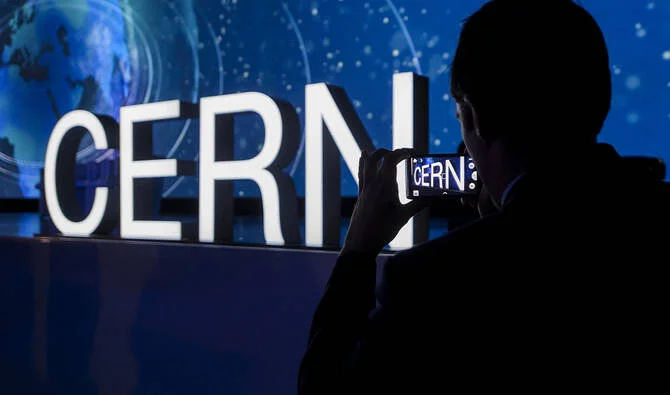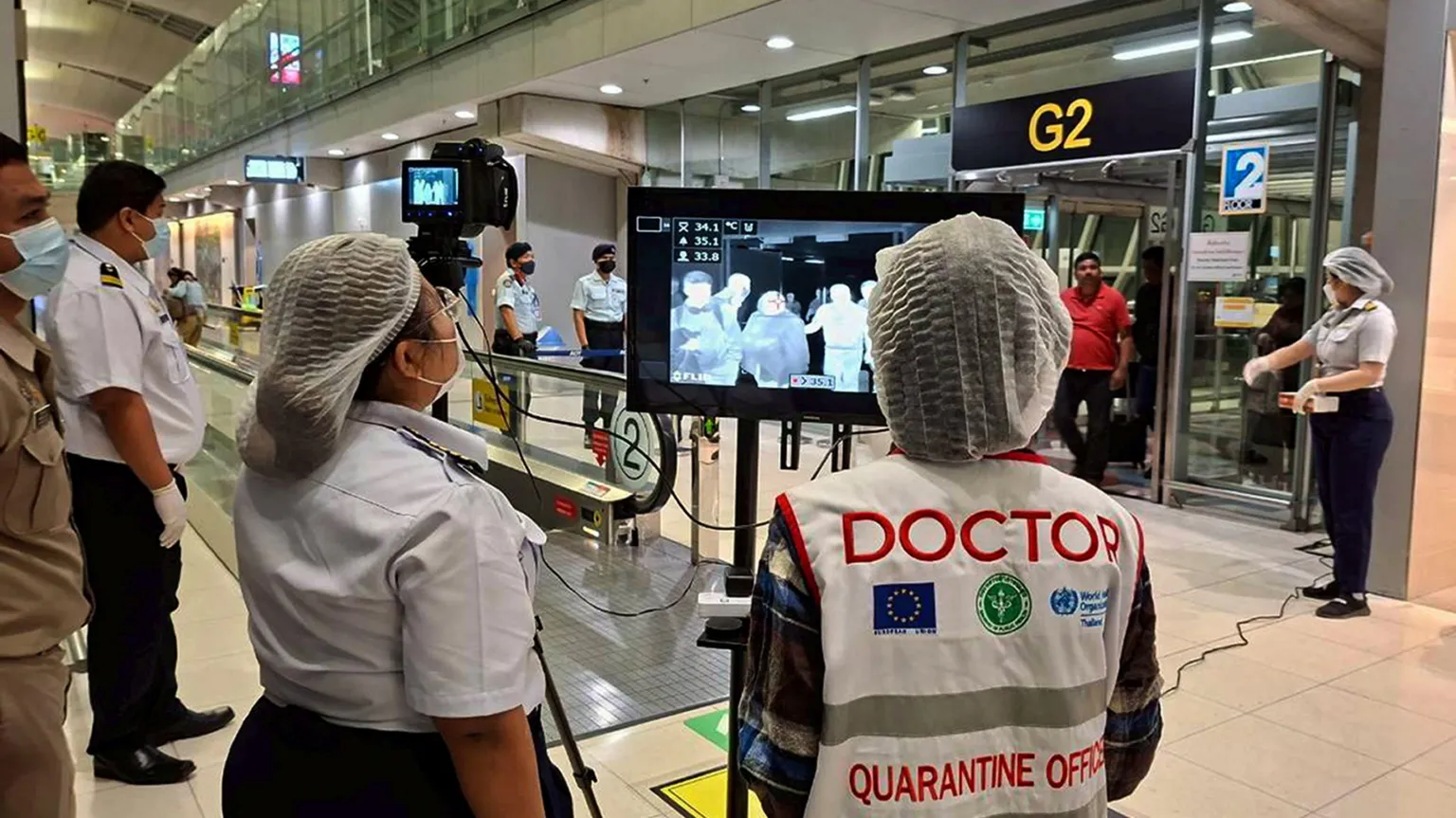CERN was established in 1954 by European Countries based on the notion “Science for Peace” as the world’s leading particle Physics Centre based in Geneva. Not only this, CERN is also renowned for running the most powerful particle accelerator, the Large Hadron Collider (LHC). Including Pakistan, CERN has 9 associate members and 25 full members at present.
Starting from 1994, with the signing of the cooperation agreement between Pakistan and CERN, several projects of CERN involved a range of advanced technologies, technical disciplines, engineering science, the production of various pieces of equipment and components for CERN’s Large Hadron Collider (LHC), and related experiments were completed by Pakistan. Many Pakistani engineers, scientists, and technicians are enrolled in CERN research programs, among other tasks, also facilitating the LHC’s maintenance, repair, and development.
Pakistan’s growing involvement in CERN initiatives strengthens international collaboration for the application of peaceful nuclear technology in a world where geopolitical conflicts frequently headline. The delegation consisted of five members from the European Organization for Nuclear Research (CERN) has visited various research institutes in Pakistan from 24-28 August. They have also met with the chairmen of Pakistan Atomic Energy Commission (PAEC), which served as the primary coordinating organization for the partnership between Pakistan and CERN.
Pakistan has the honor of becoming the first South Asian state as an associate member of CERN on 31 July 2025. Pakistani scientists and engineers from that time have participated in CERN’s research and technological advancements, received training, and gained access to high-tech procurement initiatives. Research institutes, including the National Centre for Physics (NCP), Pakistan Institute of Engineering and Applied Sciences (PIEAS), Pakistan Institute of Nuclear Science and Technology (PINSTECH), Institute of Nuclear Medicine and Oncology (INMOL), and National Institute for Laser and Optronics (NILOP), were also visited by the delegation. The visit recognized Pakistan’s determination to advance science and technology, the preparation of a new generation of scientists, and improved research infrastructure.
Through this collaboration, Pakistan can also gain benefits from technology and industry sectors by giving access to high-tech contracts, technology transfers, and global supply chain integration. The strategic significance of ongoing engagement with CERN has a dual impact on the science and economy of Pakistan for the better utilization of advanced technology in the future.
At a time when the government is looking to broaden its technology foundation, the visit is also an opportunity for Pakistan’s effort to develop its research capabilities and fortify international scientific collaborations. Associate Membership at CERN is a recognition of Pakistan’s status as a responsible nuclear state with substantial experience in the peaceful application of civil nuclear technology, particularly in the fields of medicine, agriculture, and power generation.
Pakistan can position itself as the leader in Scientific Research within South Asia due to deepening ties with CERN. Pakistan Institute of Engineering & Applied Sciences (PIEAS) and CERN’s collaboration enhances the training of a new generation of scientists and also opens new opportunities for Pakistani industries to promote technological inventions and apply for more mutual agreements. As confirmed by INMOL, the expertise gained in particle physics and accelerator technology can also be applied to cancer treatment.
Due to the facilities at NCP, PIEAS, PINSTECH, NILOP, and other institutions, as well as the scientific prowess of young scientists and researchers, the nation is now on a path of science and technology innovations. In the general human quest for knowledge, Pakistan is starting to play a more constructive role. Pakistan can use this opportunity to encourage larger local investment in Research and Development and establish public-private partnerships in innovation and technology. If the right policies and ongoing assistance are in place by the government, the nation can benefit economically, technologically, and diplomatically from this scientific breakthrough in the future.
The CERN visit also highlights significant moments of scientific ties and Pakistan’s role as a major partner in CERN’s science for peace initiatives. South Asian nations can also pursue such collaborations for fostering regional collaborations, as follows, Pakistan’s step for the peaceful application of nuclear technology.







